Description
Latin Name : Sambucus Nigra
Origin Country: Bulgaria
Elderberry is one of the plants with the most names. Abroad it is called Elderberries, its scientific name is Sabmucus nigra or Black elder. Rich in nutrients, elderberry is superior in content to flavonols from blueberries, cranberries and goji berries. It contains antioxidant vitamins A, C and B vitamins, while it is particularly rich in amino acids, flavonoids, carotenoids and tannins.
Here are some of the most important health benefits of elderflowers:
Respiratory illnesses: Elderflower is used to treat respiratory infections including colds, flu, bronchitis, laryngitis and more. It’s been suggested that the mucilage in elderflower may help to reduce inflammation in the mucous membranes of the nose and throat and relieve congestion. Elderflower tea may help reduce the severity and duration of flu symptoms, possibly because of the plant’s diaphoretic qualities, which may help relieve fever.
Antioxidant: Elderflower has also been found to contain a variety of antioxidants, including vitamin C, flavonoids, triterpenes and phenolic acids. As a result, drinking sufficient quantities of elderflower tea may help boost the immune system, prevent premature ageing of the skin, and guard against the oxidative processes in your body that produce free radicals.
Diuretic & laxative: Elderflower is reputed to have a mild diuretic and laxative effect, and so could be useful for anyone suffering from water retention or constipation.
Cholesterol: One preliminary study has also suggested that elderberry juice may play a role in lowering blood cholesterol levels, potentially due to its high quercetin content, but like many potential benefits of elder preparations.





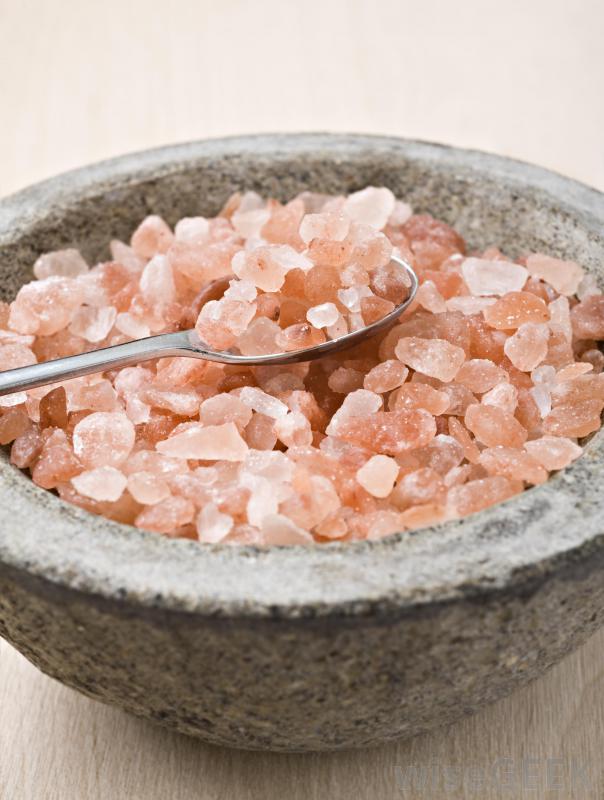
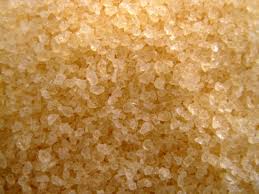

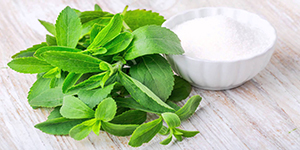

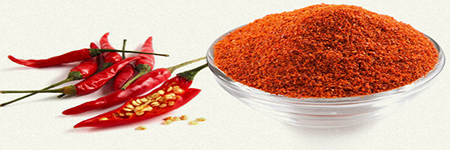
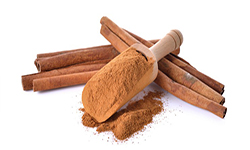
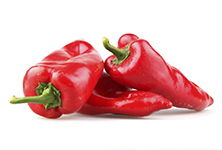







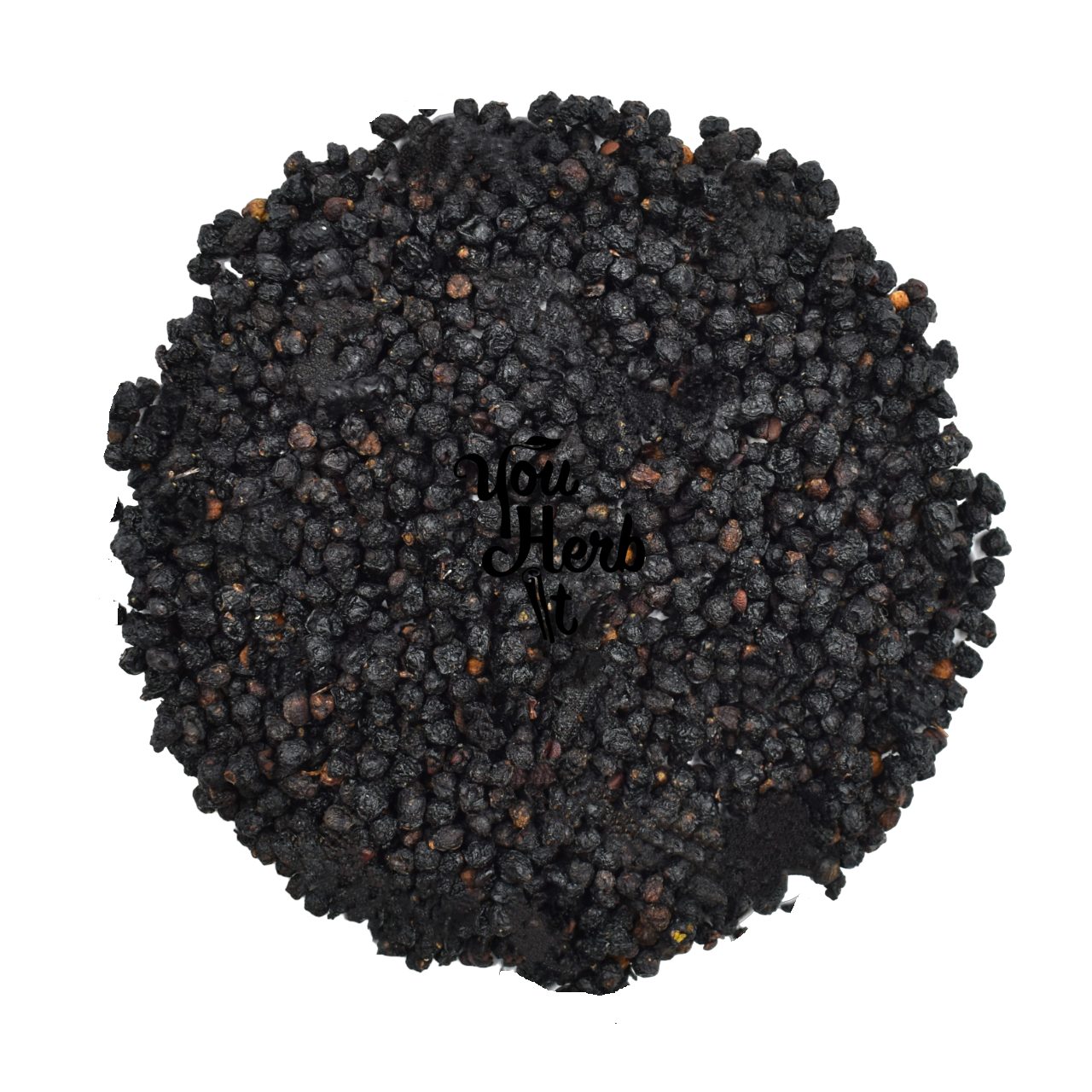
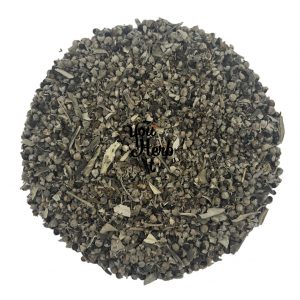
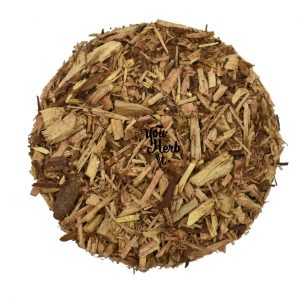
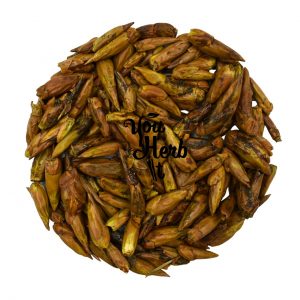
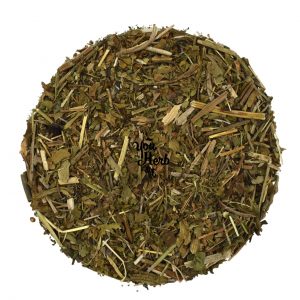
Reviews
There are no reviews yet.